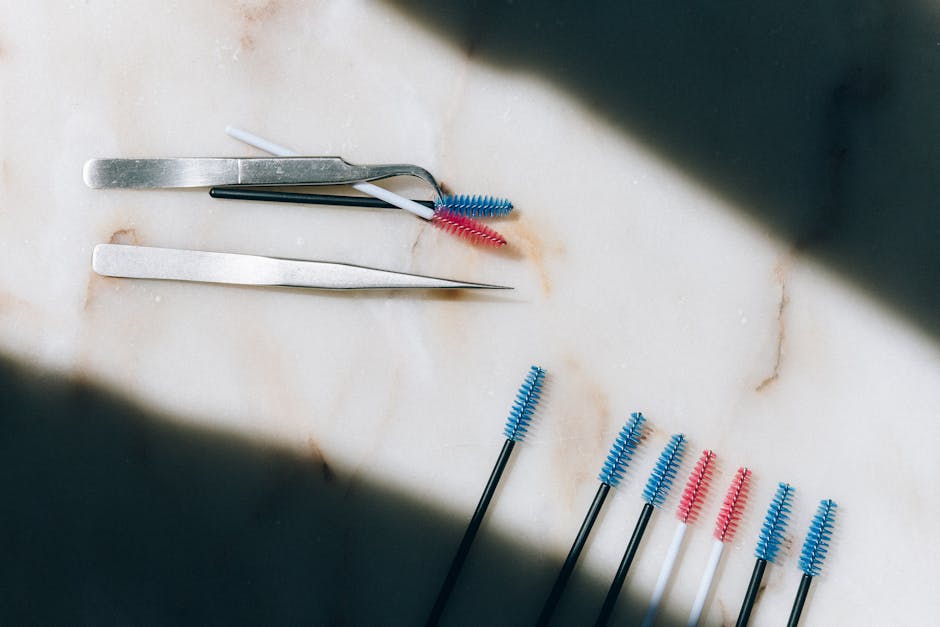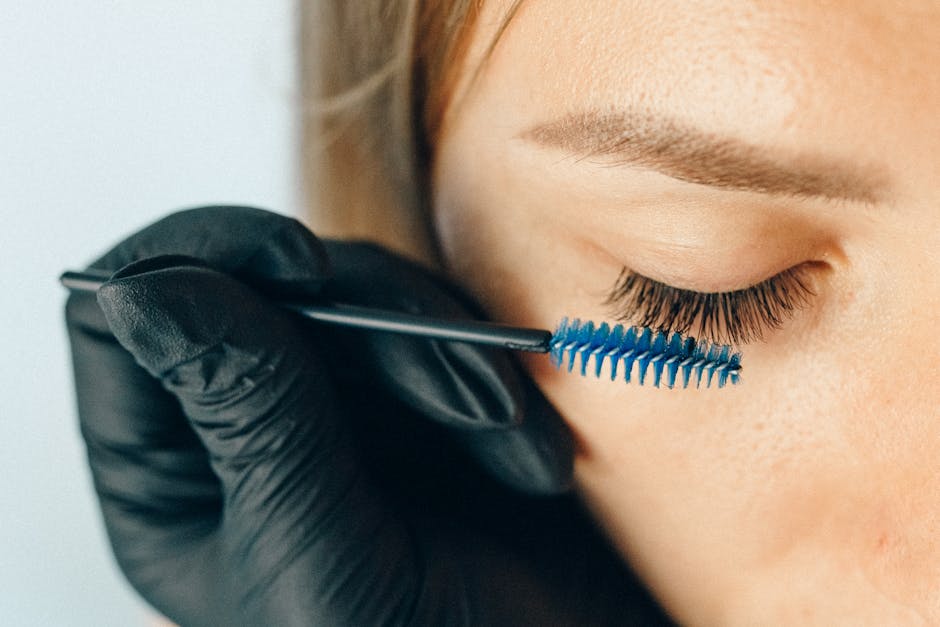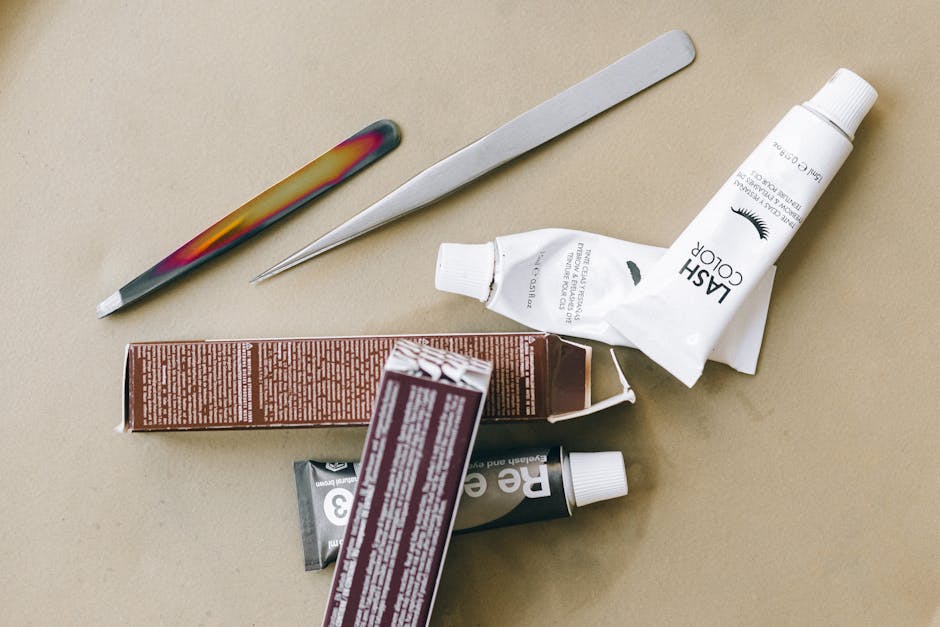The Importance of Regular Eye Treatment
Have you ever thought about how much you rely on your eyes? They help you see the world, enjoy your favorite activities, and connect with others. Yet, many people overlook the importance of regular eye treatment. In this article, we will explore why eye care matters and how it can improve your life.
Why Should You Care About Your Eyes?

Your eyes are more than just windows to your soul. They are vital for your daily activities. Did you know that over 2.7 million Americans have glaucoma? This eye disease can lead to blindness if not treated. Regular eye check-ups can catch issues early, saving your sight.
Many people think they only need to see an eye doctor if they have problems. However, this is a myth. Regular visits help detect problems before they become serious. So, what are the benefits of regular eye treatment?
What Are the Benefits of Regular Eye Treatment?

Keeping your eyes healthy can lead to a better quality of life. Here are some key benefits of regular eye treatment:
- Early Detection: Catching issues early can prevent serious problems later.
- Better Vision: Corrective lenses or procedures can improve how you see.
- Overall Health: Your eyes can reveal signs of other health issues, such as diabetes.
- Comfort: Regular treatment can help reduce eye strain and discomfort.
How Often Should You See an Eye Doctor?

So, how often should you get your eyes checked? It depends on your age and health. Here are some general guidelines:
- Children: Every year, starting at age 3.
- Adults: Every 1-2 years, depending on vision changes.
- Seniors: Every year, as age increases the risk of eye diseases.
These visits may seem like a hassle, but they are crucial. Think of your eye doctor as a coach, helping you see your best.
What Happens During an Eye Exam?

Ever wondered what goes on during an eye exam? It’s quick and straightforward. Heres what you can expect:
- History Review: The doctor will ask about your health and vision history.
- Vision Tests: Youll read letters on an eye chart to check your visual acuity.
- Eye Pressure Test: This checks for glaucoma, measuring the pressure inside your eyes.
- Pupil Dilation: The doctor may put drops in your eyes to widen your pupils for a closer look.
Don’t worry; it’s not painful. Most people find it easy and even a little interesting!
Common Eye Conditions to Watch For
While some eye conditions develop slowly, others can strike suddenly. Here are a few common issues:
- Myopia (Nearsightedness): Trouble seeing far away.
- Hyperopia (Farsightedness): Difficulty seeing close up.
- Astigmatism: Blurred vision caused by an irregularly shaped cornea.
- Cataracts: Clouding of the lens, common in older adults.
- Macular Degeneration: A leading cause of vision loss in older adults.
Recognizing these conditions early can make a huge difference. Regular check-ups increase your chances of catching issues before they worsen.
What About LASIK and Other Procedures?
Many people consider LASIK surgery to correct their vision. But is it right for you? Regular eye exams can help determine if you’re a good candidate. LASIK offers benefits such as:
- Reduced need for glasses or contact lenses.
- Quick recovery time.
- Long-lasting results.
However, like any surgery, it’s essential to weigh the risks and benefits. Your eye doctor can guide you through this process.
How Can You Take Care of Your Eyes at Home?
While regular visits to an eye doctor are crucial, there are steps you can take at home to maintain eye health:
- Eat Healthy: Foods rich in vitamins C and E, omega-3 fatty acids, and zinc can support eye health.
- Stay Hydrated: Drinking enough water prevents dry eyes.
- Limit Screen Time: Follow the 20-20-20 rule: every 20 minutes, look at something 20 feet away for 20 seconds.
- Wear Sunglasses: Protect your eyes from harmful UV rays.
- Stop Smoking: Smoking increases the risk of eye diseases.
By making these changes, you can help keep your eyes healthy in between visits.
What Should You Do If You Experience Issues?
Sometimes, issues can arise between eye exams. If you notice symptoms like:
- Blurred vision
- Eye pain
- Increased sensitivity to light
- Flashes of light
don’t wait for your next appointment. Schedule a visit with your eye doctor right away. Trust your instincts; it’s better to be safe than sorry.
What Do Experts Say About Eye Health?
According to the American Academy of Ophthalmology, Regular eye exams are the best way to detect eye diseases early. This statement highlights the importance of preventive care. Experts agree that early detection can save sight.
Additionally, Dr. John Smith, an ophthalmologist, emphasizes, Your eyes might be the first place to show signs of serious health issues. Take care of them. This advice reinforces the idea that eye health is linked to overall health.
Conclusion: Your Eyes Deserve Care
Your eyes play a crucial role in your life. Regular eye treatment is essential for maintaining good vision and overall health. don’t wait until problems arise to see an eye doctor. Make eye exams a part of your routine, just like going to the dentist or doctor.
Take charge of your eye health today. Schedule your next eye exam and follow the tips mentioned here to protect your vision. Remember, your eyes deserve the best care!
For more information on eye health, check out the American Academy of Ophthalmology.



